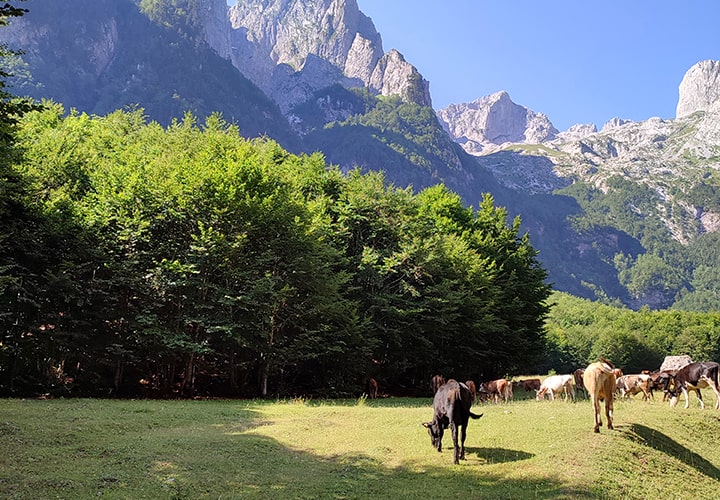Description
AGFORWEB is intended to meet the horizontal priority of Environment and fight against climate change. Land degradation and desertification and climate change have a huge negative impact on agriculture. Agriculture is directly threatened by climate change due to rising temperatures and declining rainfall that directly affect yield reductions due to plant stress. This inevitably affects both food producers and the market.
During the 20th century, the woody component, which was integrated in farming systems, was neglected and excluded due to the rising need for use of bulky machines. Cultural landscape of Europe, which is similar in its original characteristics to agroforestry landscape, has changed significantly in recent decades as a result of human activity and climate change. These changes are reflected in the loss of biodiversity, soil degradation, and soil and water losses, under the influence of climate change the problem becomes even greater.
The woody component, currently neglected in conventional farming systems, has taken its well-deserved place in agroforestry systems. The role of woody component is very important because enables agroforestry systems to provide a number of ecosystem services such as maintaining the local microclimate, water retention in the soil, erosion control, maintaining biodiversity and carbon accumulation as contribution to climate change mitigation.

Nowadays, in different socio-economic conditions, agroforestry is applied either traditionally without a clear awareness of the potential of these production systems for the environment as well as to expand the range of products and employment opportunities or is completely neglected at the expense of intensive agriculture.
Promotion of agroforestry practices and their advantages to local communities as well as the training of higher education staff in this area, are steps in the action to support in the introduction and adoption of appropriate measures for mitigation and adaptation to climate change.
The potential of the agroforestry system as an adaptive measure in the fight against climate change is not sufficiently recognized in the existing curricula of subjects in the field of agroforestry at universities in the countries of this consortium.
Therefore, it is necessary to make certain changes in the curricula of those subjects in order to better meet the learning needs of students and reduce skills mismatches, while also being relevant for the labour market and for the wider society.
An effective way to meet those needs is to exchange knowledge and experience in the field of agroforestry among neighboring countries both EU countries and EU candidate countries.
However, sometimes it is not enough just to train staff in higher education, but also to raise the awareness of the local community about the importance and potential of adaptive measures so that their adoption and implementation are supported by each stakeholder.

